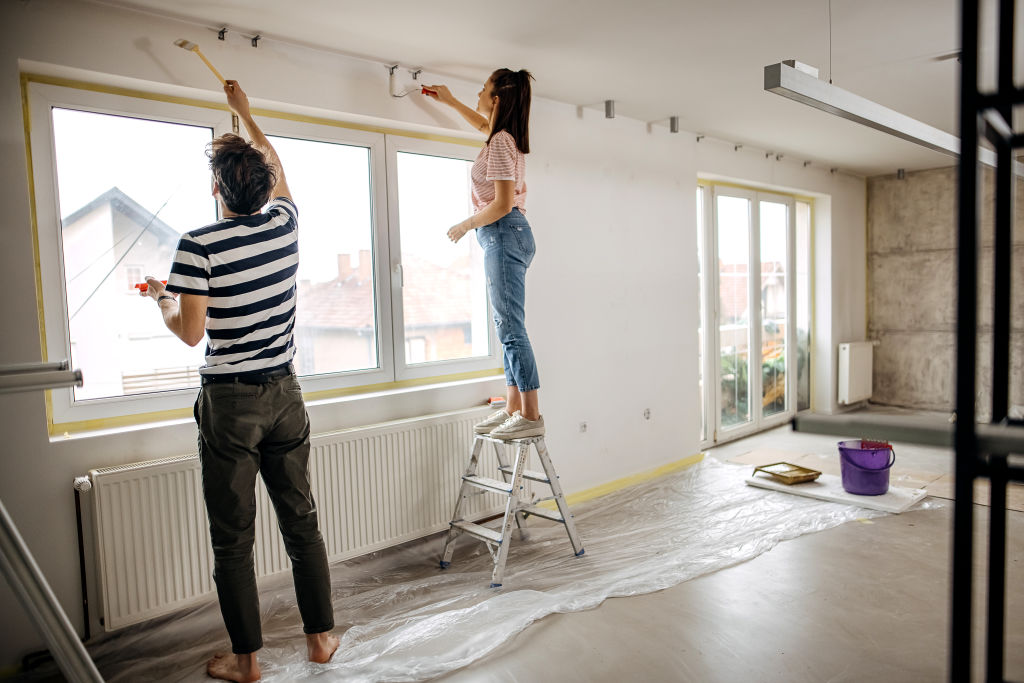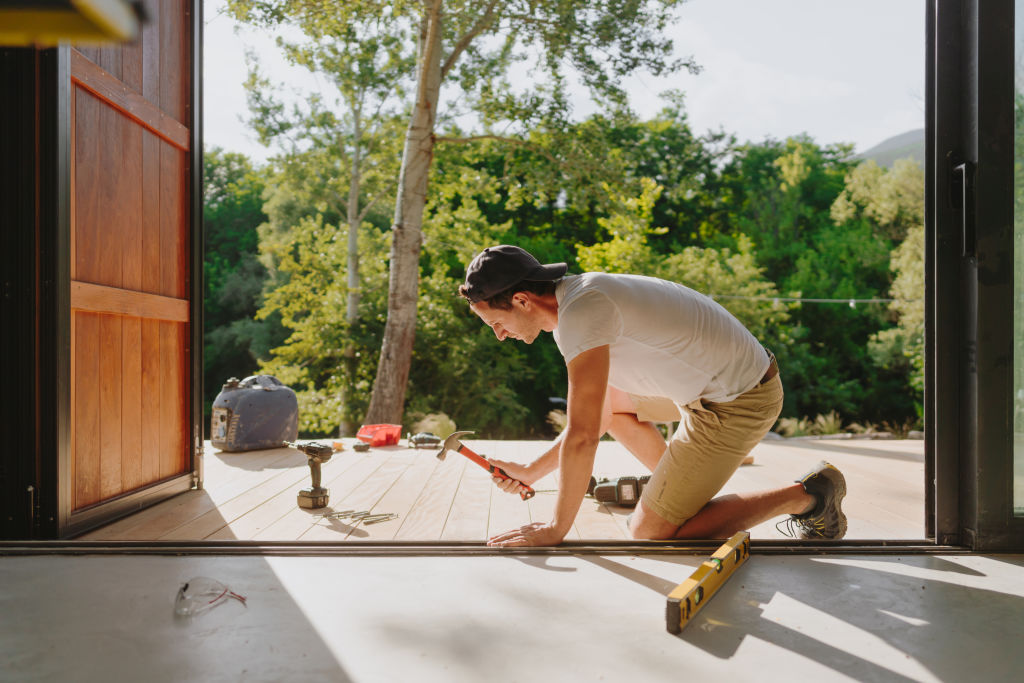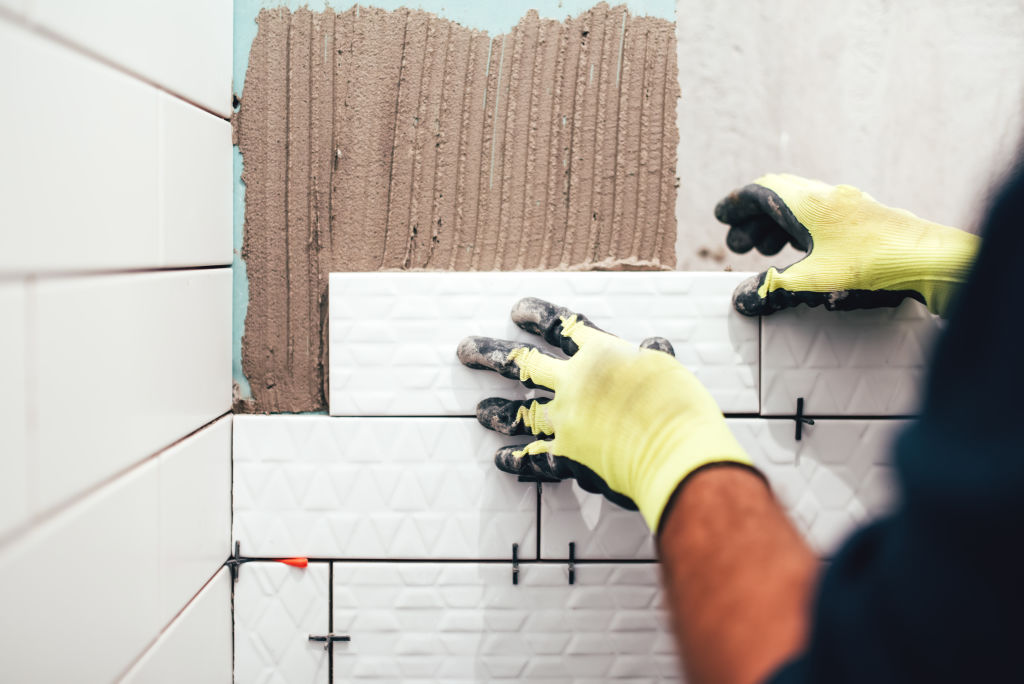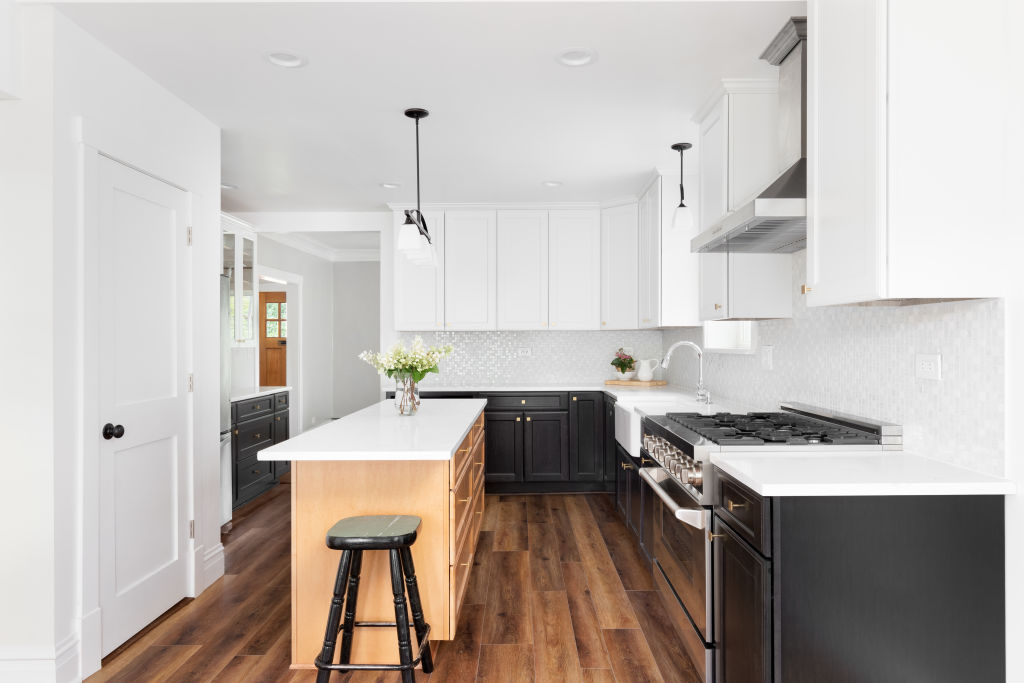Common renovation mistakes and how to avoid them

Australians have renovated more – and spent more doing it – than ever before over the past few years.
Aussies splashed $12.3 billion on home improvements in 2021, up 33 per cent on the previous year and almost double the spend of a decade earlier.
“As building materials and interest rates rise, home owners look to improve their existing homes in smaller ways, rather than moving or spending on big extensions,” says Melbourne interior designer Meredith Lee.
Despite the unwavering enthusiasm for home improvement, 2023 brings challenges, as material and labour shortages continue to drive construction costs skywards.
In such a climate, it’s imperative for anyone hoping to tackle a renovation project to do the necessary homework. Whether it’s receiving a helping hand with planning and design, seeking advice on heating and hot water services, or ensuring your DIY skills are up to scratch, taking the time to plan can save you time and money in the long run.

Builder Lachlan Ryan warns that while most renovating mistakes can be fixed, the process is often painstaking and costly. “When the damage is done, there is a fine line between repair and rebuild,” he says.
Here are some common renovation mistakes and some expert tips to help you avoid them.
Not seeking professional advice up front
Before you launch into your renovation, having someone come into your home to assess the layout, see how you live in the space and provide professional guidance will be money well spent, particularly if changes to floor plans are required, Lee says.
“Often, when you’ve lived in a home for a long time, a fresh set of eyes will see new ways of doing things that could end up saving you money and provide a better overall outcome.”
Not having a detailed budget
My Little Empire interior designer Lauren Silvaria says she has seen clients get halfway through a renovation before realising they have bitten off more than they can chew.
“They haven’t considered the actual amount of work or money it will realistically take to complete the project,” she says.
Ryan agrees that having a realistic budget is crucial to success. “You must get thoroughly researched cost estimates before you start, and compare quotes from different trades to gain a rich understanding of all the costs involved,” he says.

Selecting the wrong hot water system
Many people move into their newly completed homes only to realise that they are having to wait extended periods for their hot water to reach the outlet, says Luke Walker of Rinnai. Selecting the correct hot water system for the individual space is key to avoiding this.
“When looking at upgrading your existing hot water system, consider either a six-star or seven-star gas continuous flow system,” he advises.
“They are typically more efficient than older hot water systems, meaning they save money on running costs.”
Suffering from decision fatigue
The blank canvas of a newly renovated space can feel exciting at first but can quickly become overwhelming for the inexperienced.
“There are so many options for every surface of your home,” says interior decorator Lauren Egan.
“It can be excruciating to choose the right supplier, product, colour, finish … the list goes on. Start with picking out the most dominant material in the space and then work down to the details.”

Trying to manage the renovation when you are time-poor
Attempting to oversee a renovation in addition to working full-time and managing family demands can commonly lead to burnout before the bulk of the work is completed, Ryan says. Hiring someone to manage the project for you can save time, money and any number of headaches.
“Builders are educated and experienced in how to project-manage,” he says. “It’s their job to make sure renovations flow according to schedule and budget.”
Miscalculating which heating system you require
When selecting the right heating system for your new space, Walker says that having a trusted climate specialist walk you through the process is a good way to ensure the specs are just right.
Check that anyone providing quotes is working off your plans and ensure they are conducting a heat load calculation to work out the amount of heat energy required to maintain a sufficient temperature.
“There are many factors that can influence the right sizing of a system to suit your home,” he says.
“For instance, home construction and type, room layout, house orientation, insulation and glass area can all make differences to the sizing calculation. Where you live and how you live and/or work in your home also need to be considered.”

Attempting DIY without proper experience
With so many home-makeover shows available to us now, many novice renovators are tempted to try their hand at renovating themselves, says Silvaria, and with varying success.
“It is doable, but certain tasks should only be undertaken by a professional; trying to DIY when you haven’t before is one way that’s certain to add stress and costly mistakes to your project,” she says.
Silvaria’s advice? Engage licensed trades and professionals who have the right experience, tools and know-how, to ensure your renovation runs smoothly and meets any specific building codes.
We recommend
States
Capital Cities
Capital Cities - Rentals
Popular Areas
Allhomes
More







